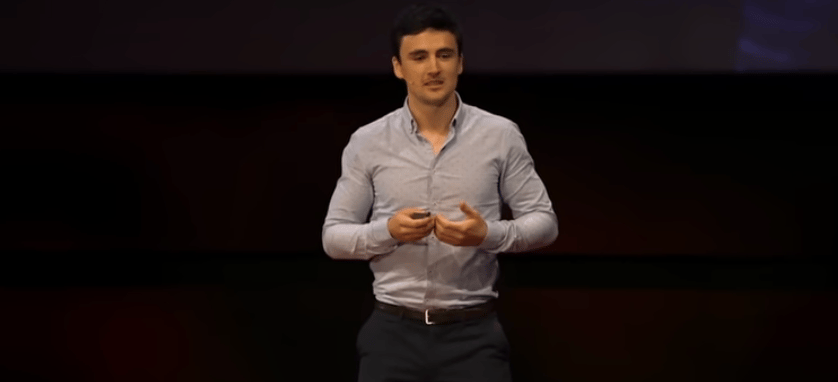- Inside Health's Newsletter
- Posts
- Inside Health Weekly: Gut Brain Axis
Inside Health Weekly: Gut Brain Axis
Ft. Your Roommate

Inside Health Weekly
Welcome to the Gut-Brain Axis. Your body’s version of college roommates. One’s dramatic, one’s anxious and both are always in each other’s business.
Whether you’re spiraling over an exam or craving fries at 2am, it’s probably their group chat blowing up. This week, we bring you how these two work like you and your roommate, from your mood swings to snack attacks and everything in between.

FAST FACTS:
90% of your serotonin is made in your gut
The vagus nerve is the main line of communication between the brain and the gut
A disrupted gut can increase inflammation, which is linked to depression
Your gut has its own nervous system called the enteric nervous system (aka your “second brain”)
Probiotics might reduce anxiety symptoms
Eat like your mood depends on it, because it does.
No seriously. According to this study, individuals who mainly ate ultra-processed foods (i.e., mass-produced products, sodas, bagged snacks) were linked to a 35% higher risk for depression.
How to help balance that brain-gut connection?
Throw prebiotic and probiotic foods into your meals that nourish your gut to support your brain:
Yogurt
Miso
Kimchi
Apples
Onions
Bananas
One can’t operate without the other, so uplifting both keeps them harmoniously living together, like that ideal roommate.

On The News:
Hit the Headlines:
Gut’s Sixth Sense Discovered
Scientists found sensory cells in your gut that send real-time signals to your brain, influencing cravings and mood. (Popular Mechanics)Diet Tweaks for Better Mental Health
Gut-friendly changes like fermented foods and probiotics could boost your mood. (Business Insider)
Prebiotics Boost Senior Memory
Older adults on prebiotics scored higher on cognitive tests in a twin study. (NY Post)Gut Treatment Reversed Depression
Fecal transplant plus diet helped a woman recover from long term depression. (NIH)
You: after reading this section and actually clicking a link.
A Science Story:
Like every college experience, your gut and brain live together in the dorm called Your Body. They’re texting 24/7, sending updates on everything from the latest drama to stress levels. Brain’s usually spiraling over the next deadline:
Brain tries to plan study sessions, while Gut’s busy throwing tantrums or reminding Brain it’s hangry:
When they’re out of sync, it’s a full-on roommate fight, mood crashes, cramps, and anxiety all around. But when they connect? Everything clicks: focus sharpens, cravings ease up, and you’re nailing exams, deadlines and balancing life to the fullest.
So... in your roommate duo, are you the Brain or the Gut?
Whether your gut or your brain is mad at you, watch out for these telltale signs that could indicate something is off.
Brain fog and/or persistent fatigue
Acne
Excessive bloating and gas
Sudden food sensitivities
Weirdly anxious, and having a harder time regulating your emotions
Fact Vs. Fiction
FICTION: Cravings are just a lack of willpower
FACT: Cravings aren’t just willpower, they’re your gut texting your brain, based on your microbes and hormones.
FICTION: Your gut only digests food.
FACT: Nope! Your gut is a major player in communication with your brain, sending signals that affect your stress levels constantly.
TOP RECCOMENDATIONS:
Our Top Picks…
BOOK: If you thought your college roommate was complicated, wait till you meet the trillions of microbes living in your gut.
TEST: Viome is an at-home test that analyzes your gut and health to give personalized nutrition and lifestyle recommendations.

LISTEN: If you’re curious about the connection between your belly and your mind, it’s a must-watch for understanding the gut-brain axis in action.
That’s everything for now! Thanks for hanging out with Inside Health this week. Understanding how you function starts with education, and you’re already doing the work just by being here.
Until Next Time! —The Inside Health Team.



